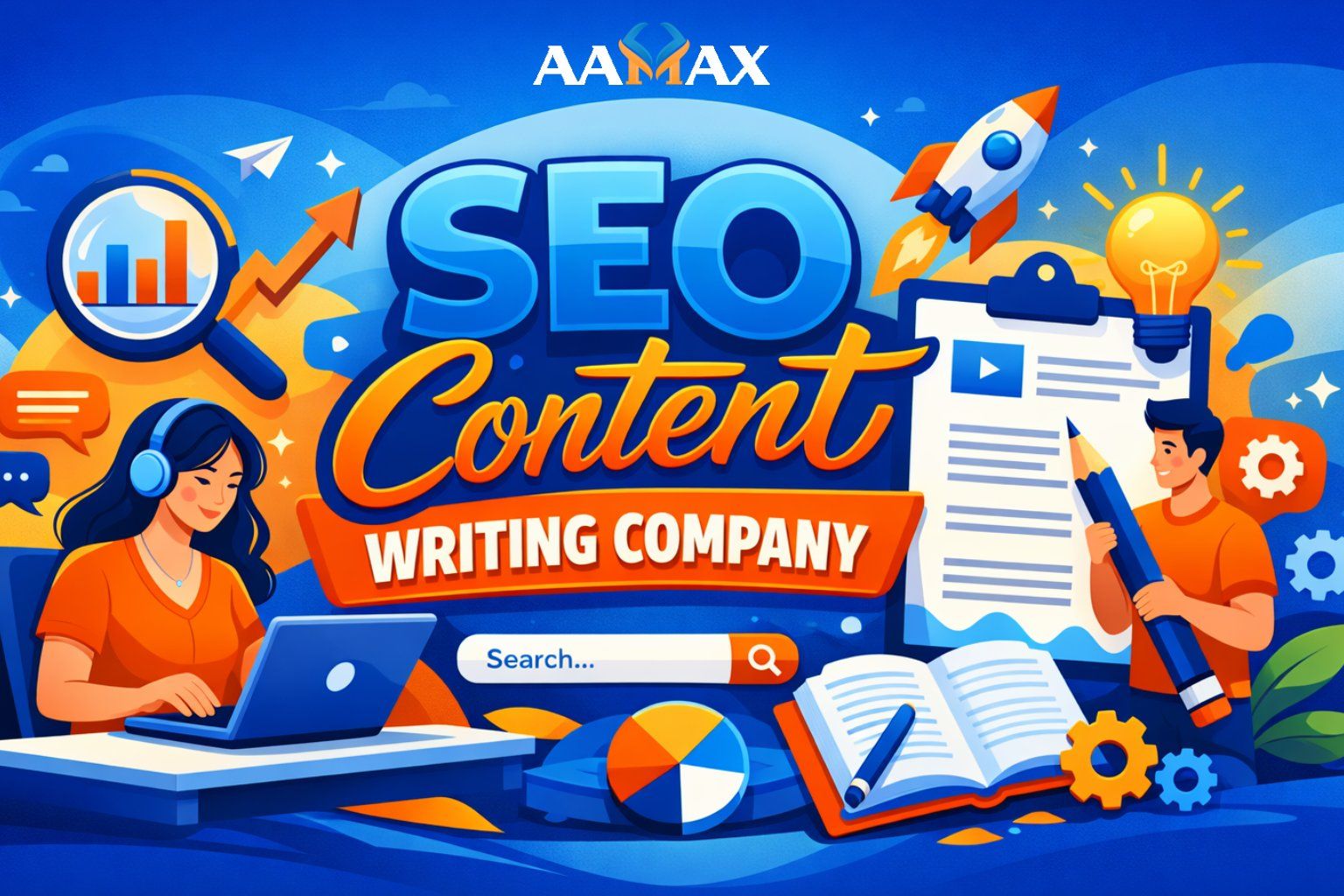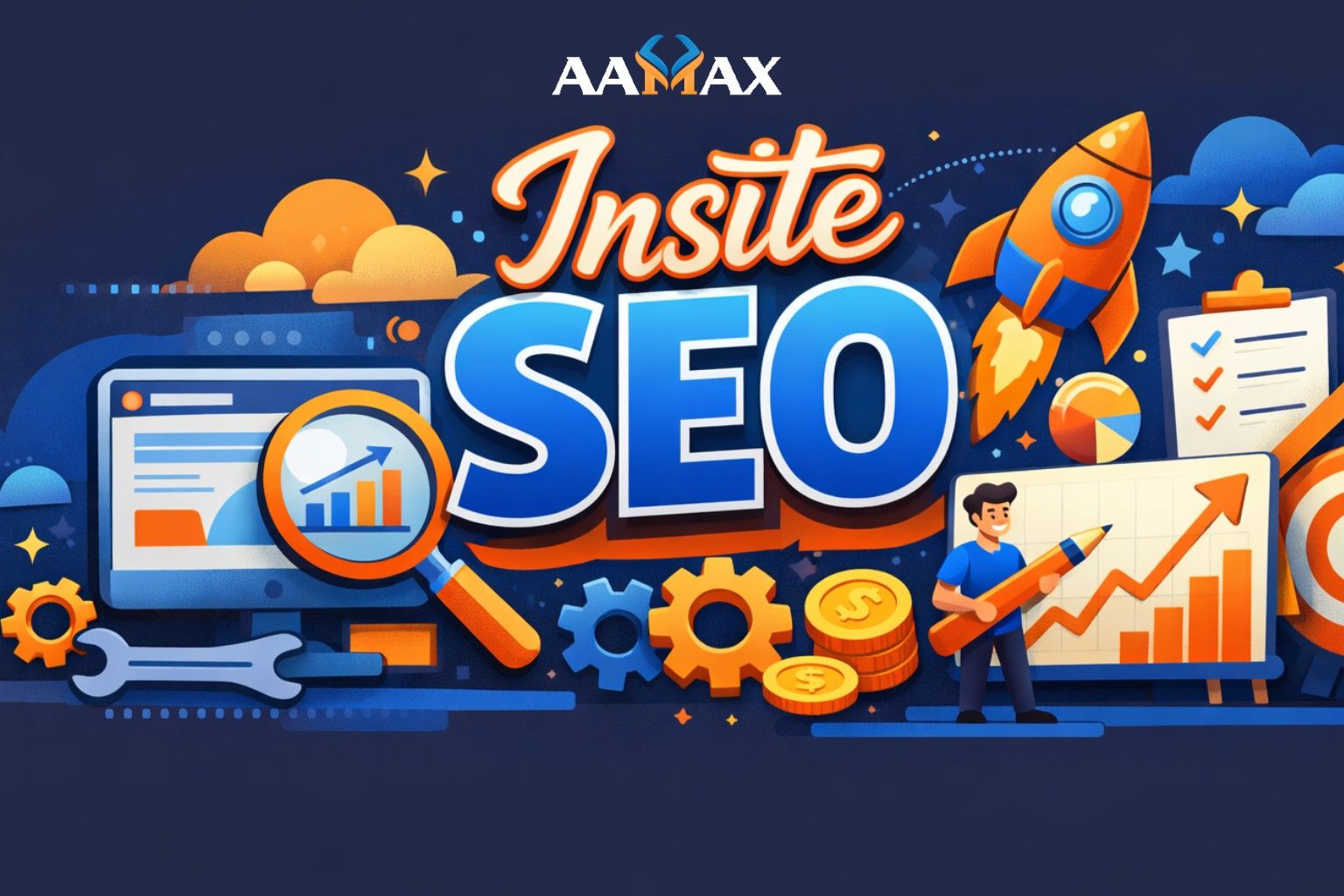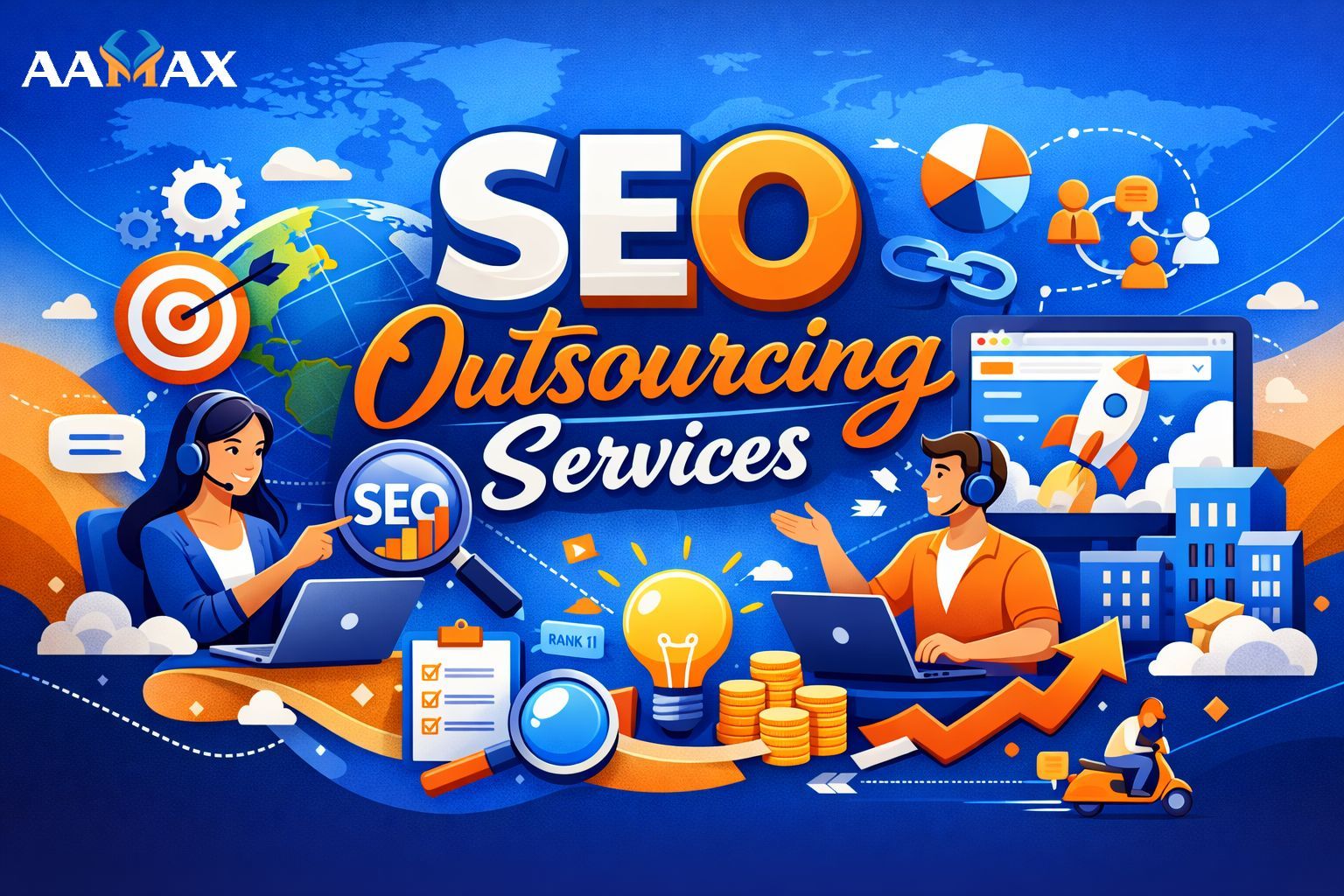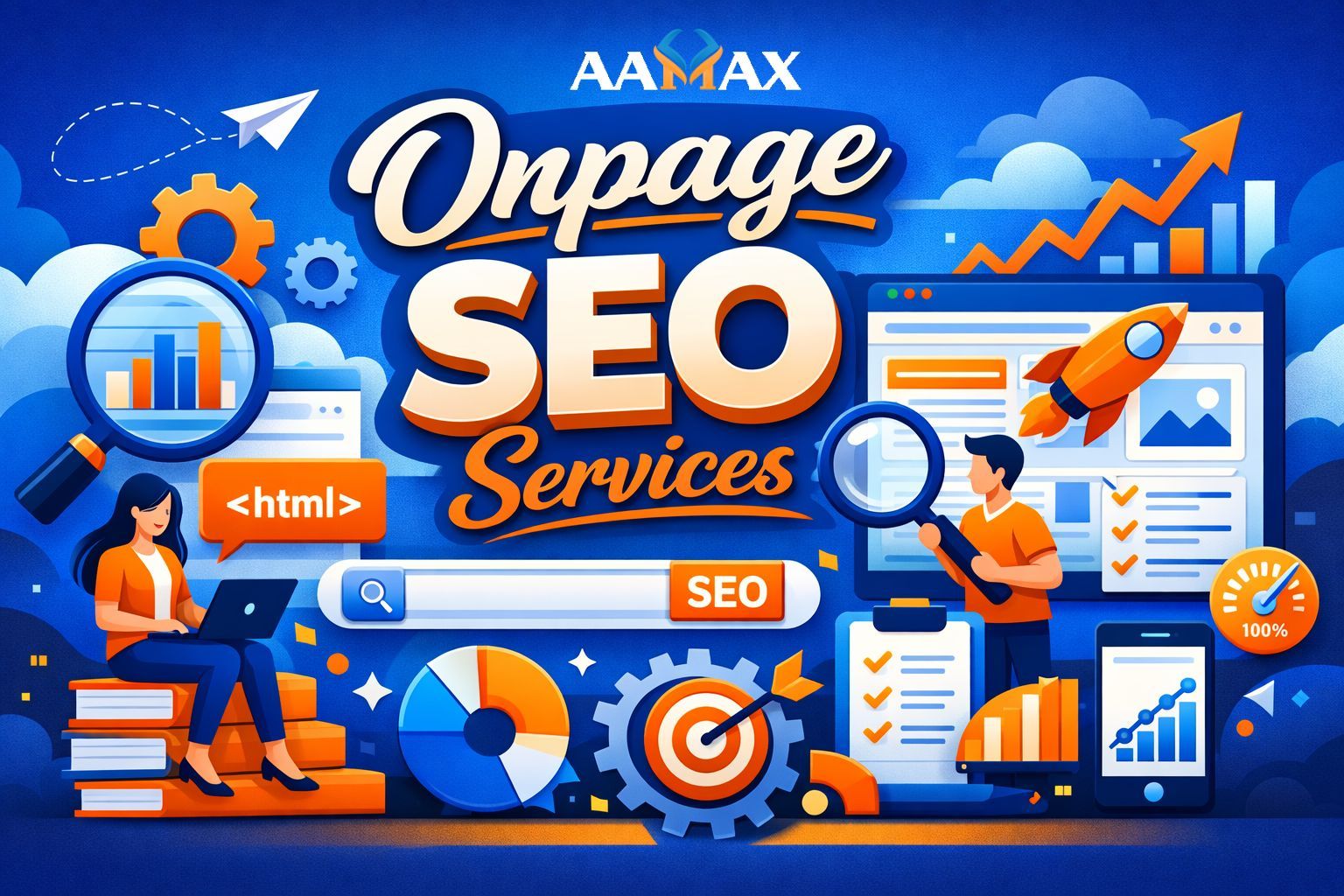
How to Use AI for Keyword Research and SEO Content Strategy
In today’s digital world, SEO and content marketing have become inseparable — and artificial intelligence (AI) is transforming how both are done. Traditional keyword research relied on manual data gathering and human intuition, but AI now allows marketers to uncover user intent, content gaps, and ranking opportunities with incredible precision.
If you want to stay ahead in Search Engine Optimization (SEO), understanding how to use AI for keyword research and SEO content strategy is no longer optional — it’s essential.
This comprehensive guide explains how AI reshapes keyword discovery, improves topic clustering, and empowers you to create smarter, high-ranking content.
What Is AI-Powered Keyword Research?
AI-powered keyword research uses machine learning, natural language processing (NLP), and predictive analytics to analyze search behavior, understand intent, and uncover keyword opportunities that traditional tools might miss.
Instead of focusing solely on keyword volume or difficulty, AI looks deeper. It identifies:
- Semantic relationships between keywords
- User intent (why people search for something)
- Search journey patterns (how users progress from one query to another)
- Emerging trends before they peak
This allows SEO professionals to craft content strategies that are not just keyword-rich, but contextually aligned with how search engines and users think.
Why AI Is Changing Keyword Research Forever
AI-driven tools like ChatGPT, SEMrush’s Keyword Intent AI, Ahrefs’ Keyword Explorer, and MarketMuse use machine learning to simulate human understanding of language. These tools can now:
- Interpret the meaning behind searches
- Suggest related topics instead of just keywords
- Predict what users will search for next
- Analyze SERP (Search Engine Results Page) features like People Also Ask or AI Overviews
By using AI, you move beyond basic keyword lists into semantic SEO, where you target topics and clusters that reflect how Google and users connect ideas.
Benefits of Using AI for Keyword Research
Here are some major advantages of integrating AI into your keyword and content strategy process:
- Time Efficiency: AI automates data collection and analysis, saving hours of manual work.
- Smarter Insights: It identifies hidden opportunities and search trends before competitors do.
- Intent Recognition: AI understands whether a search is informational, commercial, or transactional.
- Content Gap Analysis: It pinpoints topics your competitors rank for but you don’t.
- Continuous Learning: AI tools update with live data, adapting to algorithm changes automatically.
Ultimately, AI makes keyword research more accurate, predictive, and strategic.
How to Use AI for Keyword Research
Let’s break down step-by-step how you can use AI tools and methods to conduct smarter, more effective keyword research.
1. Identify Core Topics and Seed Keywords
Start with a broad understanding of your niche. Use AI tools to analyze your website and competitors, then extract core topics your audience cares about.
Recommended AI Tools:
- ChatGPT / Gemini: Generate keyword ideas by describing your niche or goals.
- SEMrush Topic Research: Use AI to identify clusters around key subjects.
- Ahrefs / Ubersuggest AI: Find long-tail keywords and SERP intent insights.
Example:
If your business is about digital marketing, AI might suggest clusters like:
- AI SEO optimization
- Keyword intent mapping
- AI content creation tools
- Search generative experience (SGE)
AI doesn’t just show what’s popular — it helps you understand why those topics matter.
2. Analyze User Intent with AI
AI excels at understanding why someone searches for a term. This is critical, because Google’s algorithms now rank pages based on intent satisfaction — not just keyword usage.
There are four main types of search intent:
- Informational: The user wants to learn something.
- Navigational: The user seeks a specific brand or website.
- Transactional: The user is ready to purchase.
- Commercial Investigation: The user is comparing options.
AI tools like SurferSEO and Frase.io analyze top-ranking content to determine intent automatically.
Once you know the intent, you can tailor your content:
- Informational → blog posts, guides, FAQs
- Transactional → product pages, CTAs
- Commercial → comparison articles
This alignment dramatically improves click-through rate (CTR) and engagement.
3. Use AI to Build Keyword Clusters and Topic Maps
Modern SEO isn’t about ranking for one keyword — it’s about owning an entire topic cluster.
AI tools use semantic analysis to connect related keywords under one main pillar.
How It Works:
- AI identifies your pillar topic (e.g., “AI in SEO”).
- It groups semantically related subtopics (e.g., “AI for content creation,” “AI for link building,” “AI keyword clustering”).
- These clusters interlink for maximum SEO impact.
Example AI Tools for Topic Mapping:
- MarketMuse: Builds topic models based on content authority.
- SurferSEO: Suggests related terms and NLP-driven content structure.
- Clearscope: Analyzes top-ranking pages for keyword density and topic coverage.
By creating comprehensive content clusters, you signal to Google that your website has topical authority, increasing your chances of ranking higher.
4. Predict Emerging Trends and Seasonal Opportunities
AI’s predictive capabilities can forecast search trends before they peak.
This gives you a competitive advantage to publish evergreen or trending content early.
Tools & Techniques:
- Google Trends + ChatGPT: Combine live data with AI analysis to spot rising topics.
- Exploding Topics AI: Identifies emerging queries before they hit mainstream.
- Ahrefs Predictive Search: Estimates growth trajectory for long-tail keywords.
Example:
Before “AI SEO” became mainstream, predictive AI identified increasing searches for “AI content optimization” months in advance.
Brands that acted early gained valuable first-mover visibility.
5. Conduct Competitive Keyword Gap Analysis with AI
AI tools can scan your competitors’ sites and compare them with yours to find content gaps — topics they rank for but you don’t.
How to Do It:
- Enter your domain and competitor URLs into an AI-powered SEO platform (like SEMrush, Ahrefs, or Frase).
- Use the “keyword gap” or “content opportunity” feature.
- Let the AI suggest missing clusters or under-optimized keywords.
AI goes beyond listing missing keywords — it prioritizes them based on potential traffic value and ranking feasibility, ensuring you focus on what matters most.
6. Use AI to Generate Optimized Content Outlines
Once you have your keywords and topic clusters, AI can help you create data-driven content outlines that are optimized for SEO from the start.
What AI Can Do:
- Suggest H1, H2, H3 structures aligned with user intent.
- Recommend target word counts based on competitors.
- Highlight semantic terms and entities to include.
- Ensure the content satisfies E-E-A-T (Experience, Expertise, Authoritativeness, Trustworthiness).
AI tools like SurferSEO, Frase, or Jasper use NLP and SERP analysis to generate these outlines automatically.
You can then add your expertise and creativity to craft a human-centered, search-optimized article.
7. Optimize Existing Content Using AI
AI is just as powerful for content optimization as it is for creation.
By analyzing your existing pages, AI can detect underperforming keywords or outdated topics.
Optimization Steps:
- Use AI SEO tools to rescore existing articles.
- Identify missing keywords, meta data, or readability issues.
- Update with AI-assisted suggestions to align with current search trends.
For example, an article written in 2022 about “SEO automation” could be updated to include “AI SEO strategies” and “Google AI Overviews” — aligning with new user interests.
8. Leverage AI for SERP Analysis
AI-powered SERP analysis tools simulate search queries and examine the top-ranking pages to identify ranking factors and content patterns.
Insights You’ll Gain:
- What type of content ranks (blog, video, FAQ, etc.)
- Keyword density and semantic entities
- Common structure and readability level
- Featured snippet opportunities
Tools like NeuronWriter, Frase, and Clearscope analyze these factors to recommend how to position your content for better rankings.
Building an AI-Driven SEO Content Strategy
Keyword research is only the first step. Once you have the data, you need a content strategy that aligns with your SEO goals and user needs.
Here’s how AI can help build and manage that strategy effectively.
Step 1: Prioritize Keywords by ROI
AI tools can rank keyword opportunities based on traffic potential, competition, and conversion likelihood.
This data-driven prioritization ensures you focus on the highest-impact topics first.
Step 2: Align Topics with the Customer Journey
AI can categorize your keyword clusters according to awareness, consideration, and decision stages.
This helps you plan content for every part of the funnel — from educational guides to conversion-oriented case studies.
Step 3: Automate Content Calendars
Tools like Notion AI, HubSpot AI Planner, or Trello Power-Ups can automatically generate SEO editorial calendars, balancing evergreen and trending content.
You can input:
- Target keywords
- Content type
- Publishing frequency
- Target audience
The AI then creates a calendar aligned with search demand and seasonality.
Step 4: Measure and Refine Using AI Insights
Once your content goes live, AI continues to analyze:
- Which keywords drive the most engagement
- How long readers stay on page
- What queries your content appears for
Use AI-powered analytics to refine strategy monthly — improving weak pages and expanding high-performing ones.
The Role of Human Expertise in AI SEO
While AI simplifies research and analysis, human expertise remains irreplaceable.
AI can find opportunities and optimize content, but it can’t fully replicate:
- Brand voice
- Empathy and storytelling
- Thought leadership
- Ethical oversight
The best SEO results come from a hybrid approach — where AI handles data and efficiency, and humans bring creativity and context.
Partner with Experts for AI SEO Success
Implementing an AI-driven keyword and content strategy can be complex. To get it right, partnering with experts who understand both technology and SEO is invaluable.
That’s where AAMAX comes in.
AAMAX is a full-service digital marketing company offering Web Development, Digital Marketing, and SEO Services.
They specialize in AI-powered SEO strategies, helping businesses:
- Conduct advanced keyword research
- Build content clusters that drive authority
- Optimize pages using data-driven AI insights
By combining technical expertise with creative strategy, AAMAX helps brands dominate the search results in the era of AI-driven SEO.
Final Thoughts
AI has changed keyword research and SEO content strategy forever. It’s no longer enough to target high-volume keywords — you must understand intent, context, and content structure.
Using AI allows you to:
- Discover smarter, intent-based keyword clusters
- Build topic authority with precision
- Optimize faster and more efficiently
The future of SEO belongs to those who embrace AI not as a replacement for creativity, but as a partner for intelligent decision-making.
If you’re ready to elevate your keyword research and SEO strategy, start using AI today — and consider working with experts like AAMAX to lead your business confidently into the AI-powered future of search.







